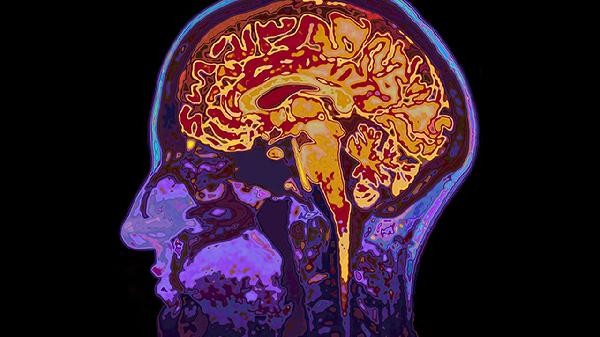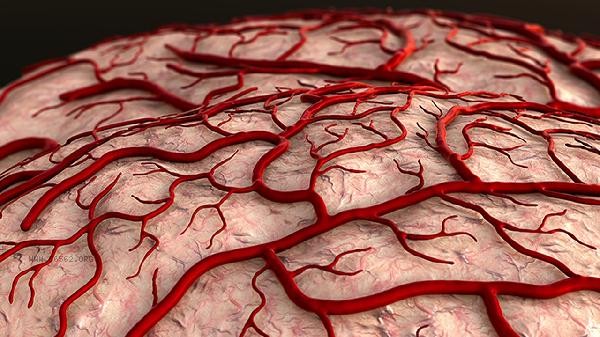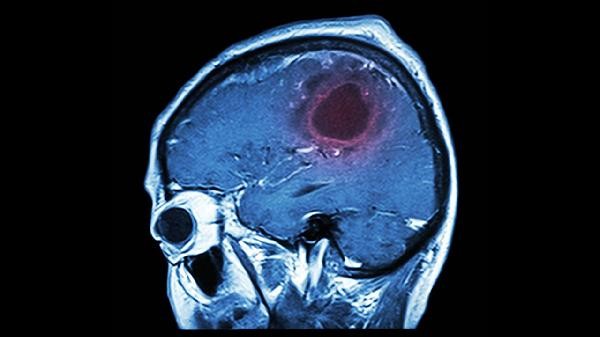If the brain suddenly loses consciousness and quickly recovers without any other abnormal symptoms, it is usually a normal physiological phenomenon. It may be related to factors such as orthostatic hypotension, transient ischemic attack, hypoglycemia, emotional stress, and sleep deprivation.

1. Postural hypotension
When standing up quickly, blood accumulates in the lower limbs due to gravity, resulting in a brief lack of blood supply to the brain. Commonly seen in people who are dehydrated, bedridden for a long time, or taking antihypertensive drugs. It is recommended to slow down movements when changing positions, increase water and salt intake appropriately, and avoid standing for long periods of time.
2. Transient cerebral ischemia
Transient spasm or microthrombi of cerebral blood vessels leading to local ischemia, often accompanied by blurred vision or limb numbness. Patients with hypertension and arteriosclerosis have a higher risk and need to monitor their blood pressure and blood lipids. If necessary, antiplatelet drugs such as aspirin and clopidogrel should be used.
3. Hypoglycemic response
Sudden drop of blood glucose level causes sympathetic nerve excitation and brain function depression, which is common in patients with diabetes who have excessive insulin or do not eat in time. Carry candy and cookies with you, eat sugary foods immediately when you have an attack, and regularly check your blood sugar levels.

4. Emotional stress
Strong emotional stimulation triggers excessive excitation of the vagus nerve, causing a sudden drop in heart rate and blood pressure. Commonly seen in pain, shock, or fear of confined spaces, it can be improved through deep breathing training and psychological desensitization therapy.
5. Sleep Deprivation
Long term lack of sleep can lead to obstacles in clearing metabolic waste from the brain, which may result in sudden and brief interruptions in consciousness. Maintain a regular daily routine, avoid blue light stimulation before bedtime, and use sedatives such as zopiclone and zolpidem for short-term treatment in severe insomnia.

It is necessary to maintain moderate aerobic exercise in daily life to enhance vascular regulation ability, and pay attention to supplementing iron and vitamin B in diet. If there are frequent seizures or accompanied by symptoms such as convulsions, urinary and fecal incontinence, EEG, head MRI and other examinations should be performed to rule out epilepsy or structural brain lesions. Avoiding high-risk activities such as driving and working at heights, recording the time and cause of the outbreak can help doctors make judgments.








Comments (0)
Leave a Comment
No comments yet
Be the first to share your thoughts!